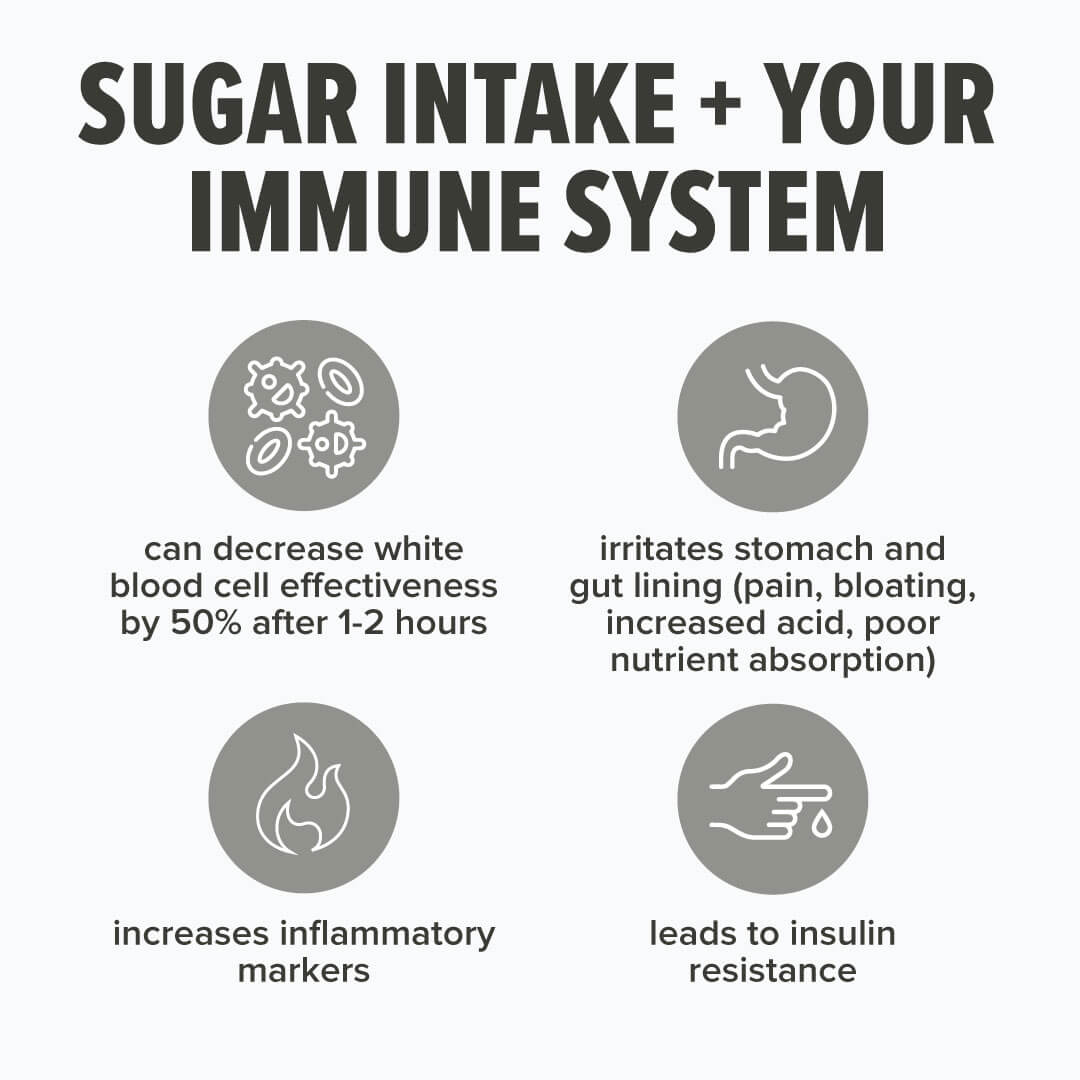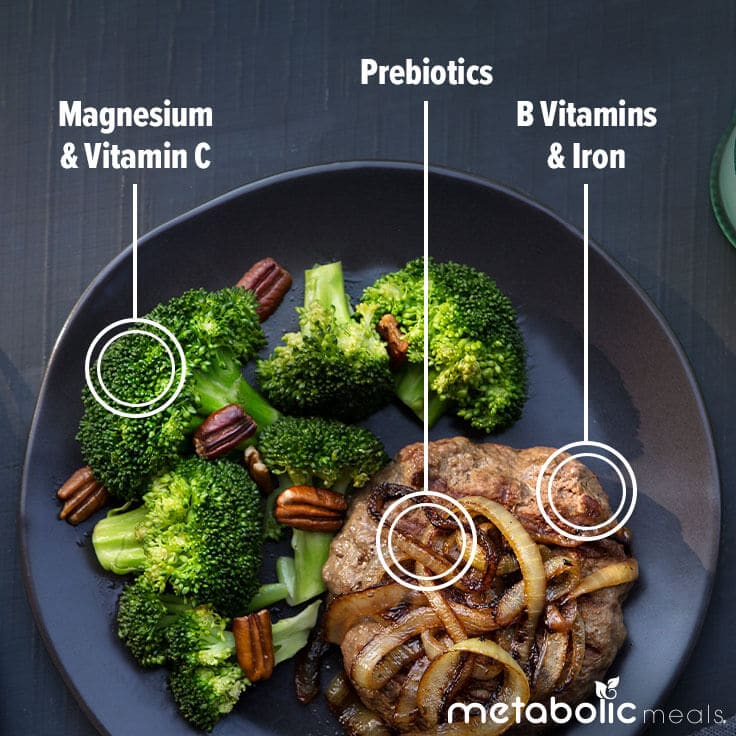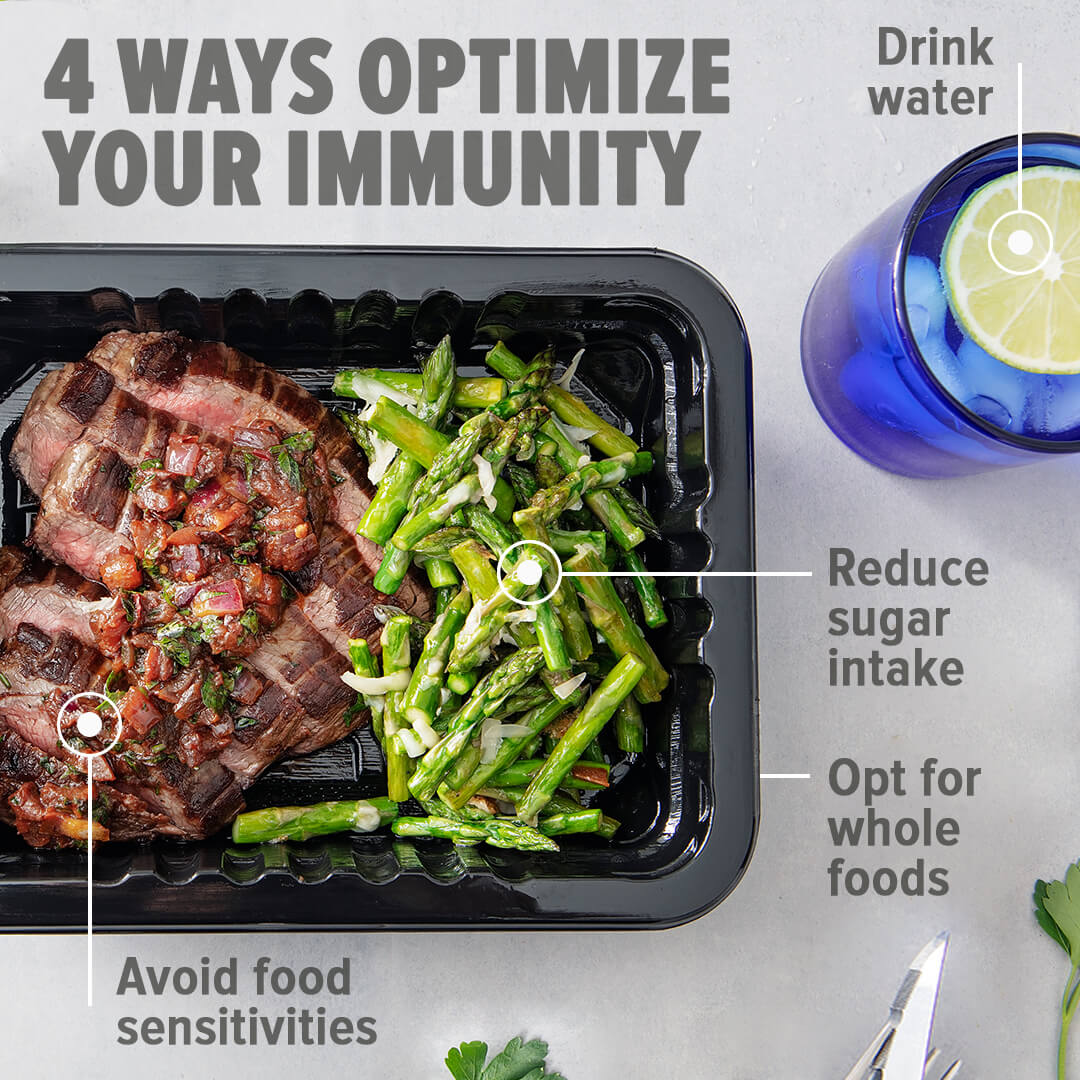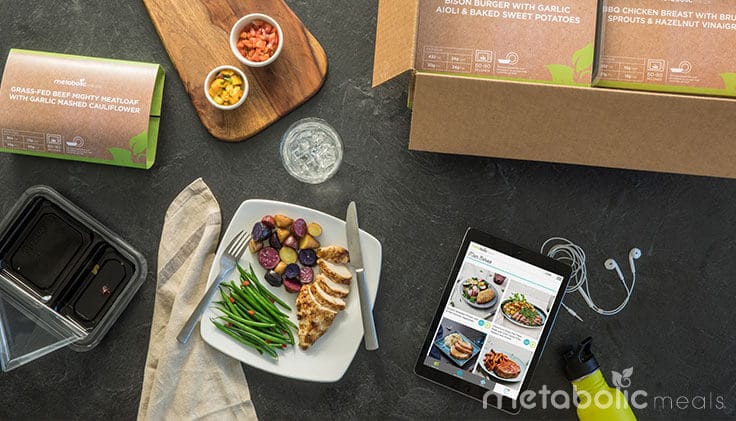ARTICLE AT A GLANCE
The bottom line: Yes, sugar intake weakens the immune response and impacts your overall health through a complex interplay of hormonal, metabolic, and immunologic processes.
Refined sugar can reduce white blood cells performance and increase inflammatory markers.
Additionally, a high sugar diet can lead to insulin resistance, a risk factor for falling ill due to COVID-19 and the flu.
How does high blood sugar impair our immune health?
Sugar intake impairs the innate immune response.
Data from Loma Linda University (from a study in which participants were fed different forms of sugar) found that the effectiveness of white blood cells decreased by up to 50% after 1-2 hours of ingestion and lasted up to 5 hours. Although the sample size was small and the amount of sugar (100 grams) was large, the data is still worth mentioning as future research continues on the subject.

What effect does sugar have on gut health?
Sugar irritates the stomach and gut lining, which leads to stomach pain, bloating, increased acid, and poor nutrient absorption.
If we are malnourished, we do not have the building blocks or armor (magnesium, zinc, vitamin C, vitamin D, B vitamins, etc.) to protect our immune system.

Sugar and refined carbohydrates cause unhealthy, inflammation-boosting changes which can kill off healthy gut bacteria.
How can you support the health of your gut?
The basics include chewing our food thoroughly, being mindful with our food choices and processing stress.
A diet high in quality protein, plant matter, fiber and color compliment gut integrity and diversity.
How can you protect your immune system?
Now is the time to raise the bar on “training for life.”
Make your meals count, even if that means keeping room for those pleasurable treats but choose ones that have fiber, fat and protein in them.

Ten additional ways to optimize immunity:
1. Look past health claims on packaged goods and put your energy in scrutinizing an ingredient list instead. Avoid hidden forms of sugar, man-made oils (such as margarine, canola oil, vegetable oil, soybean oil), and opt for items with whole food ingredients.
2. Avoid foods that don’t compliment your digestion or how you feel. Perhaps have you have underlying food sensitivities which can be determined with elimination diets or testing.
3. Drink enough water.
4. Swap one meal a day with a nutrient-dense smoothie, bone broth soup or vegetable scramble. These 3 combos offering ample nutrients, healthy fats, high-quality protein and they are easy on the digestive system (assuming all ingredients are tolerated).

Metabolic Meals makes it easy to add convenient and healthy, nutrient-dense meals to your diet.
5. Stay active and engage in movement you enjoy. Rebound work, like jumping jacks and jumping on trampoline are especially beneficial for our lymph and immune systems.
6. Prioritize sleep. Aim for 7-9 hours a night and lock in a bedtime routine.
7. Consider high-quality supplements including fish oil, prebiotics, probiotics and B vitamins.
8. Practice self-care and seek joy.
9. Get fresh air daily! 
10. Hire help for virtual nutrition counseling to ensure you are acting on the right things that will help you progress with your goals and above all improve your wellness the most.
What are 3 key takeaways to protect yourself from COVID-19 and the flu from a dietitian’s perspective?
- Choose a lifestyle and diet that sets you up for optimal blood sugar control.
- Get some rest, and a little more, and above all, give yourself the utmost grace right now.
- Use food as medicine.
Kelly Schmidt, RD, LDN is a Type 1 Diabetic Dietitian speaker and coach, providing practical solutions and personalized nutrition for her clients.






